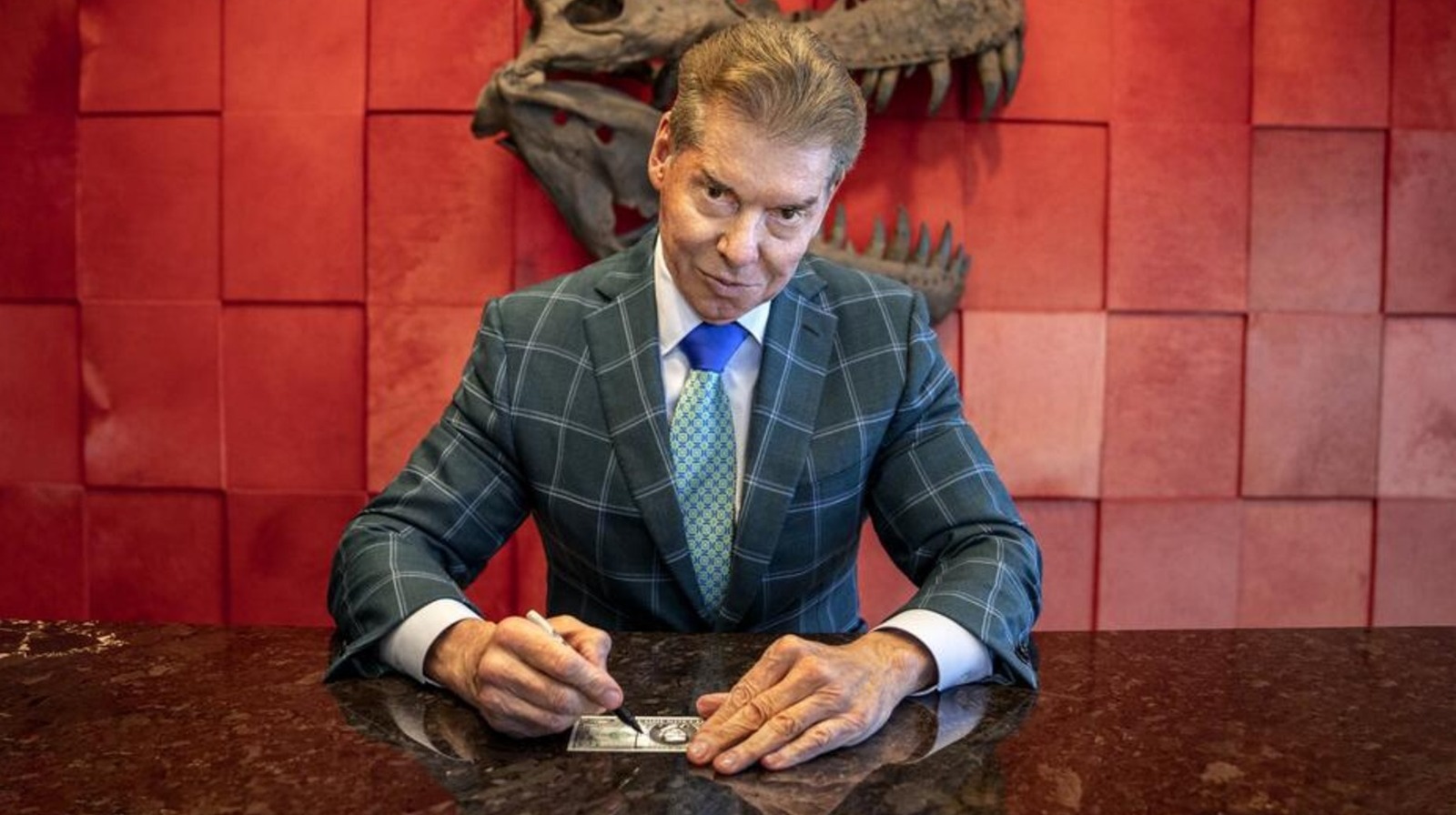Former WWE Star Maven: Vince McMahon Got the Fan Connection—TKO’s Missing It
In a candid discussion on TMZ Inside The Ring on November 4, 2025, former WWE Superstar Maven (the inaugural Tough Enough winner and early 2000s competitor) laid out what he sees as the biggest blind spot in the post-Vince McMahon era: understanding the everyday wrestling fan. Amid backlash over WWE’s surging ticket prices under TKO Group Holdings (WWE’s parent company since the 2023 UFC merger), Maven argued that McMahon—despite his controversies—intuitively grasped that accessibility builds loyalty and long-term success, something the current corporate regime overlooks in its profit-chasing zeal.
The Core Criticism: Pricing Out the Heart of the Fanbase
Maven zeroed in on WWE’s “premium pricing” strategy, spotlighting a jaw-dropping $38,000 VIP package for WrestleMania 42 as a symbol of excess. “It angers me the most,” he said, “because it prices out the loyal, multi-generational fanbase that the company was built on.” Under McMahon, tickets were kept affordable to “fill every seat” and draw families—think kids tagging along with parents, fostering lifelong superfans. TKO executives, like President Mark Shapiro, have publicly claimed McMahon “didn’t maximize profits” by not jacking up prices sooner, aiming instead to mirror UFC’s high-yield model.
Maven pushed back hard: “Vince McMahon would never do this.” He drew from his post-WWE gig with the Brooklyn Nets, where execs shifted sales to corporations because families couldn’t swing the costs— a playbook he sees TKO adopting, turning WWE events into elite experiences rather than communal spectacles. “It’s not just wrestling; it’s across sports,” Maven noted, but in WWE’s case, it risks alienating the “blue-collar” roots that McMahon championed.
McMahon’s Edge: He Was One of Us
What McMahon “understood better,” per Maven, boils down to two things:
- Fan Empathy: “Vince was a fan,” Maven emphasized. Growing up in his father Vince Sr.’s territory promotions, the younger McMahon learned the “old school” art of packing houses through buzz and affordability, not exclusivity. House shows were treated as sacred, on par with PPVs, to nurture grassroots hype.
- Long-Term Vision: Chasing short-term dollars erodes the product, Maven warned. McMahon balanced revenue with accessibility—shifting to PG in the late 2000s to hook kids (and their wallets) without pricing parents out. TKO’s approach? “All they care about is money over the showmanship of wrestling,” leading to emptier mid-card events and fan frustration.
This echoes sentiments from other ex-stars. WWE Hall of Famer Bubba Ray Dudley echoed on his podcast that McMahon ran WWE like a “glorified mom-and-pop fruit stand,” prioritizing seats over spreadsheets. Matt Hardy, on The Wrestling Classic, added that McMahon “primarily priced tickets for families” to “replicate” generational fandom, while TKO is “much more focused on maximizing profit.” Even Reddit’s r/WWE community is abuzz, with threads praising McMahon’s “long-term plan” over TKO’s potential “sell-off” mindset.
Broader Context and Caveats
TKO’s strategy has driven record revenues—Q3 2025 earnings hit $1.2 billion, up 18% YoY—but at what cost? Attendance for non-PLE events dipped 12% in 2025, per industry trackers, fueling Maven’s point. Maven isn’t blind to McMahon’s flaws (he explicitly condemned the sex trafficking allegations that forced his 2024 exit), but credits his wrestling DNA for keeping the product “passionate and fan-driven.”
As WWE eyes Netflix deals and global expansion, voices like Maven’s highlight a tension: Can TKO sustain growth without the McMahon magic of making fans feel included? For now, it’s a hot debate—check out the full TMZ clip for Maven’s full rant. Who’s your pick for the next big WWE voice on this?
